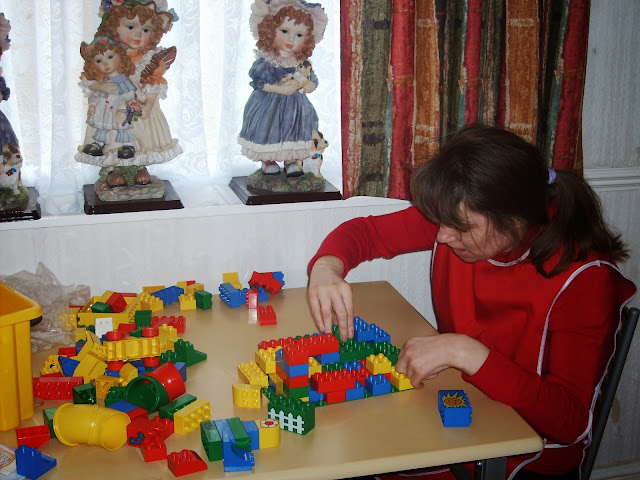I find a word-of-mouth recommendation far more helpful than having to browse the internet looking for - I don't know what? I've met some fab authors on Twitter @michelledalyliv and Facebook, which is why I wanted to share with you what friends have shared with me.

Welcome to my Warrior Mums, a collection of family journeys from parents of children/adults with special needs.
Some of our mums are advocates or established campaigners, one is a midwife, then we have two nurses, three teachers, two solicitors and a GP....
Their stories have been a learning curve for parents and professionals alike.
We've had to adapt to so many government cuts and policies in the last few years and it's taken its toll on families. This blog has given parents the opportunity to share their individual experience of their unplanned life with a vulnerable adult/child.
Some parents have had great support with wonderful professional guidance, whilst others, sadly, have been lied about and deceived, blamed for their child's 'problems' by some who have no understanding of their disability. Facts about their family life have been distorted and manipulated into many untruths, making parents aware their reputation precedes them in every meeting they attend. They feel judged, disrespected and ganged up on. Telling their story in Warrior Mums puts their truth 'out there' for all to see.
A major concern is that when a young person reaches the age of 18, regardless of whether they have autism or a severe learning disability, legally, they are classed as an adult. As a parent you can no longer make decisions on their behalf. If your loved one is in the care of the state and you upset the care staff or social workers then the chances are they will stop you from visiting or from having any contact. Information regarding medication or any other health issues about your loved one's welfare is withheld, all under the guise of your loved one's 'best interest', pulling out the Court of Protection/Mental Capacity Act gagging cards. The cruel message to parents is clear - - toe the line, stop asking questions and taking too much interest or lose contact with your child.
It's hard to believe this government are locking up people with special needs, people who would have had more freedom in the 70s living in big 'institutions' than they do in 'independent living' today...
We have to do something to stop this abuse of power. We have to do something today...
Michelle Daly

30 January 2013
PUBLISHING WITH CREATESPACE
I find a word-of-mouth recommendation far more helpful than having to browse the internet looking for - I don't know what? I've met some fab authors on Twitter @michelledalyliv and Facebook, which is why I wanted to share with you what friends have shared with me.
16 January 2013
THE RIGHT TO BE MYSELF
"You will want her on your side and want to be on her side"
 |
| Marie age 45 |
The doll's name is Cathy and my sister Maureen gave it to Marie when she was eight years-old. (To me) it's the baby Marie never had and probably reminds her of the first five years of her life when she lived in the nursery at Nazareth House children's home, surrounded by babies and where I first met her. When she wasn't locked in the pram store room alone she would sit on her cot and watch the babies through the bars. And today if she hears a baby cry it makes her cry too.
This brings me to the reason I was prompted to write this post. A few years ago an American friend after fostering a child for many years, was told by a social worker to take away the foster child's favourite cuddly teddy bear which the child took everywhere adding that it was not 'age appropriate'. I had never heard the term 'age appropriate' before and thought it must be an American terminology but I was annoyed that an official could make this kind of heartless stipulation. What about what the child wanted? Did her needs not count for anything? And what an awful position for my friend to be in.
Not long after my friend shared that experience with me I was working in a residential home for people with a learning disability. I often listened to one of the residents accurately reciting our birthdays as she sat in the lounge clutching her empty handbag. Then one day I spotted her reading the names on a birthday card and I was astounded. My enthusiasm ran away with me and I thought she might really enjoy visiting the children’s library. I never saw this particular lady with a book or magazine and offered to buy her some reading material.
Whilst I think the label 'Adult child' is a tad insulting it does put things into perspective and clears up a lot of misconceptions about my daughter's level of understanding and acceptance of what she can and cannot do. It also takes pressure off care staff, allowing them to accept Marie for the child that she is and not be the adult her 47 years tells them she should be.

